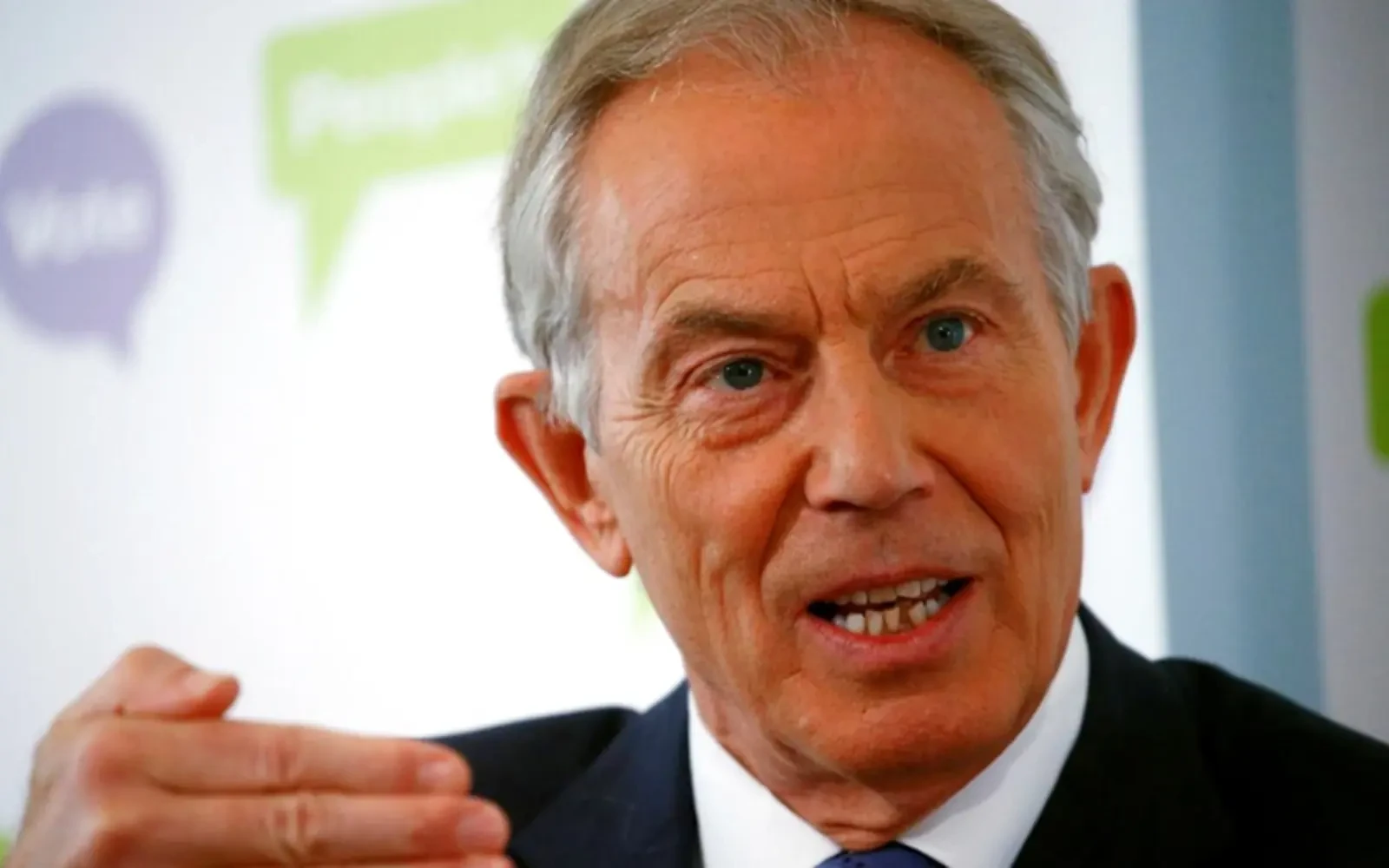Ex-PM Blair lays out 'advice' to Britain's new leader

Stay tuned with 24 News HD Android App

Former Labour prime minister Tony Blair made an early intervention in British politics on Sunday after Keir Starmer's landslide election victory, urging him to have a "plan to control immigration".
Blair warned Starmer, who will visit Scotland on his second full day as prime minister, that the anti-immigration Reform UK Party also posed a challenge to Labour, not just the Conservative Party.
The Reform UK party, led by Brexit firebrand Nigel Farage, maximised the damage to the Conservatives at the election by splitting the right-wing vote.
It won five seats in the Westminster parliament and 14 percent of the vote, prompting Farage to warn that it will target Labour voters next.
In a piece headlined "My advice to Keir Starmer", Blair wrote in the Sunday Times that "all over the western world, traditional political parties are suffering disruption".
"Where the system allows new entrants to emerge, they are running riot everywhere. Look at France or Italy.
"We need a plan to control immigration. If we don't have rules, we get prejudices," he added.
Blair, the only Labour leader to lead his party to three consecutive election victories starting with his own landslide win in 1997, couched his "advice" in an article about harnessing the power of artificial intelligence (AI).
He said he believed digital ID technology offered the best solution to controlling irregular immigration, a key issue on the doorstep during the election campaign.
"We should move as the world is moving to digital ID. If not, new border controls will have to be highly effective," he wrote.
The government, however, ruled out the introduction of digital ID cards after Business Minister Jonathan Reynolds initially said new Home Secretary Yvette Cooper would be looking at "all sources of advice" on the issue.
Reynolds later rejected the introduction of ID cards saying: "We can rule that out, that’s not something that’s part of our plans.”
Other suggestions from Blair included "a tough new approach to law and order" due to the fact that "at present criminal elements are modernising faster than law enforcement".
And he said the government should "avoid any vulnerability on 'wokeism'", warning against policies that many might regard as overly politically correct.

